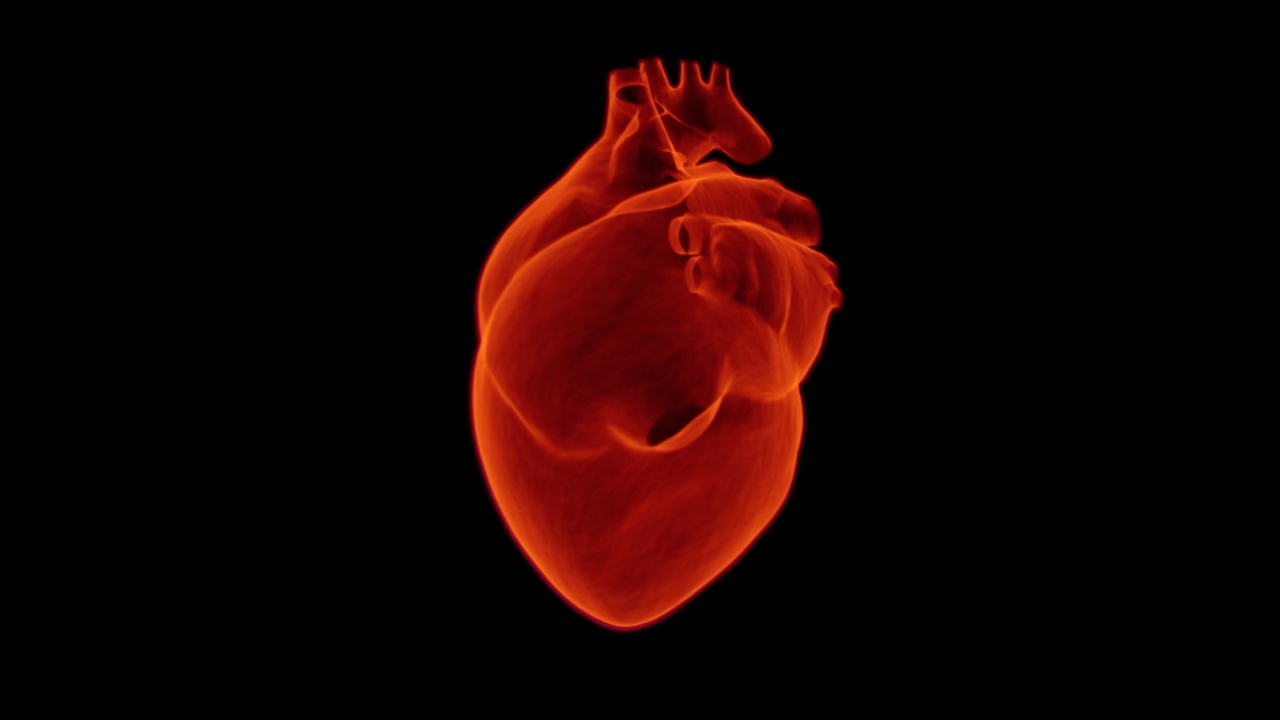Have you ever stumbled while walking on a rough terrain or felt dizzy when standing up too quickly? These are the moments when our body’s nervous system regulation comes into play.
The nervous system is responsible for controlling and coordinating all bodily functions. It is divided into two parts: the central nervous system CNS and the peripheral nervous system PNS. The CNS is made up of the brain and spinal cord, while the PNS includes all the nerve fibers outside of the CNS.
The nervous system regulation ensures that our body maintains balance or homeostasis. It does this by constantly sending and receiving messages through nerve pathways. These messages are responsible for controlling our breathing, heart rate, digestion, and other automatic bodily functions.
When we encounter external stimuli like a drop in temperature, the nervous system regulation alerts our body to respond accordingly. For example, when it’s cold, we may start to shiver involuntarily as the nervous system sends messages to our muscles to generate heat.
On the other hand, the nervous system also regulates our response to internal stimuli, such as stress or fear. It activates the fight or flight response, where our body becomes alert and ready to respond to potential danger.
Nervous system regulation is crucial for maintaining balance in our body. It keeps all our organs functioning and helps protect us from harm. While we may not always be aware of it, our nervous system is constantly working to keep us healthy and safe.





